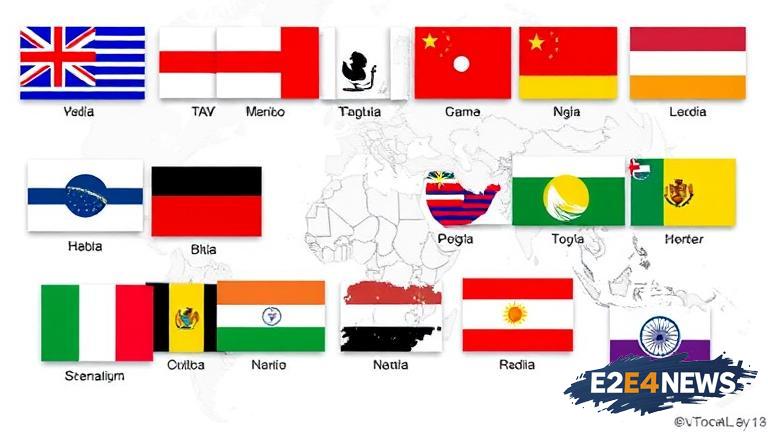In a significant development, a regional Digital Public Infrastructure (DPI) initiative has been launched to facilitate seamless digital ID interoperability across 16 countries. This pioneering effort aims to create a unified framework for secure and efficient digital identity verification, enabling individuals to access various services and benefits across borders. The initiative is expected to have far-reaching implications for the financial, healthcare, and education sectors, among others. By leveraging cutting-edge technologies, including biometrics and artificial intelligence, the DPI initiative seeks to enhance the overall digital experience for citizens. One of the primary objectives of this initiative is to support Know Your Customer (KYC) processes, which are critical for preventing identity theft, money laundering, and other financial crimes. The DPI initiative will enable governments, financial institutions, and other organizations to verify identities quickly and accurately, reducing the risk of fraud and errors. Furthermore, the initiative will facilitate the creation of digital identities that are secure, unique, and interoperable, allowing individuals to access various services and benefits across borders. The 16 countries participating in the initiative will benefit from a unified framework for digital ID verification, enabling them to share best practices, expertise, and resources. The initiative is also expected to foster greater collaboration and cooperation among governments, private sector entities, and civil society organizations. In addition to supporting KYC processes, the DPI initiative will also enable the creation of digital identities that are compliant with international standards and regulations. This will facilitate the development of innovative digital services and applications, such as mobile payments, online banking, and e-commerce platforms. The initiative will also have significant implications for the healthcare sector, enabling the creation of secure and interoperable digital health records. This will facilitate the sharing of medical information across borders, improving healthcare outcomes and reducing costs. The education sector will also benefit from the initiative, enabling the creation of secure and interoperable digital student records. This will facilitate the sharing of academic information across borders, improving educational outcomes and reducing administrative burdens. The DPI initiative is expected to have a positive impact on the economy, enabling the creation of new jobs, stimulating innovation, and increasing economic growth. The initiative will also contribute to the development of a more inclusive and equitable digital economy, enabling marginalized communities to access digital services and benefits. In terms of implementation, the initiative will involve the development of a unified framework for digital ID verification, as well as the creation of a network of interoperable digital ID systems. The initiative will also require the development of new technologies and infrastructure, including biometric authentication systems and secure data storage facilities. The participating countries will need to invest in the development of these technologies and infrastructure, as well as provide training and capacity-building programs for government officials, private sector entities, and civil society organizations. The initiative is expected to be implemented in phases, with the first phase focusing on the development of a unified framework for digital ID verification. The subsequent phases will focus on the creation of a network of interoperable digital ID systems, as well as the development of new technologies and infrastructure. Overall, the regional DPI initiative has the potential to transform the way digital identities are verified and managed, enabling secure, efficient, and interoperable digital ID systems across 16 countries. The initiative is expected to have far-reaching implications for various sectors, including finance, healthcare, and education, and will contribute to the development of a more inclusive and equitable digital economy.
